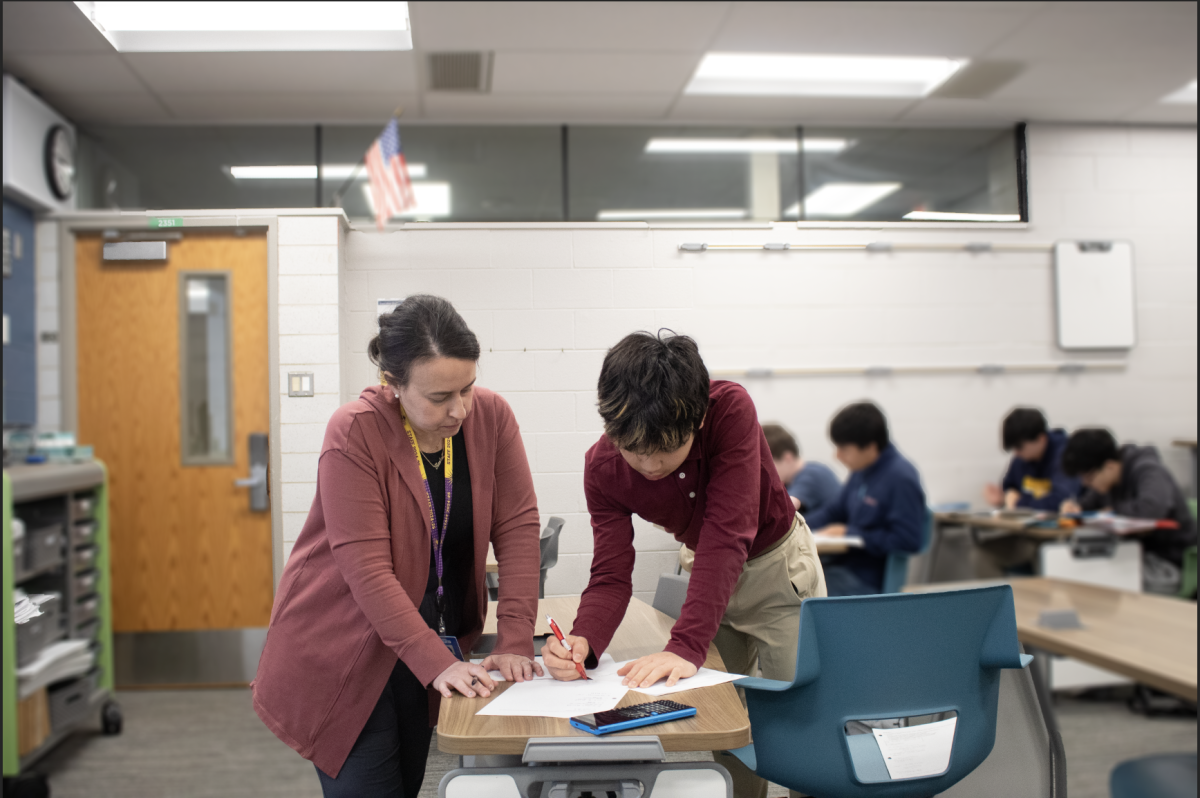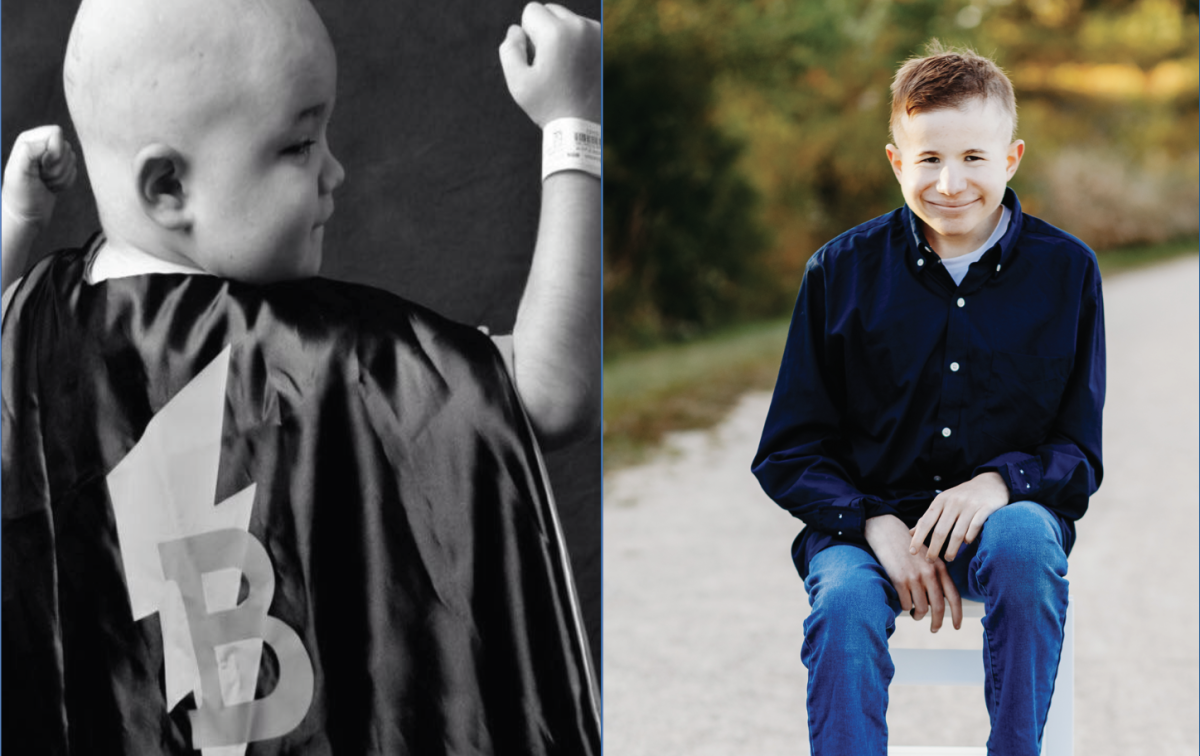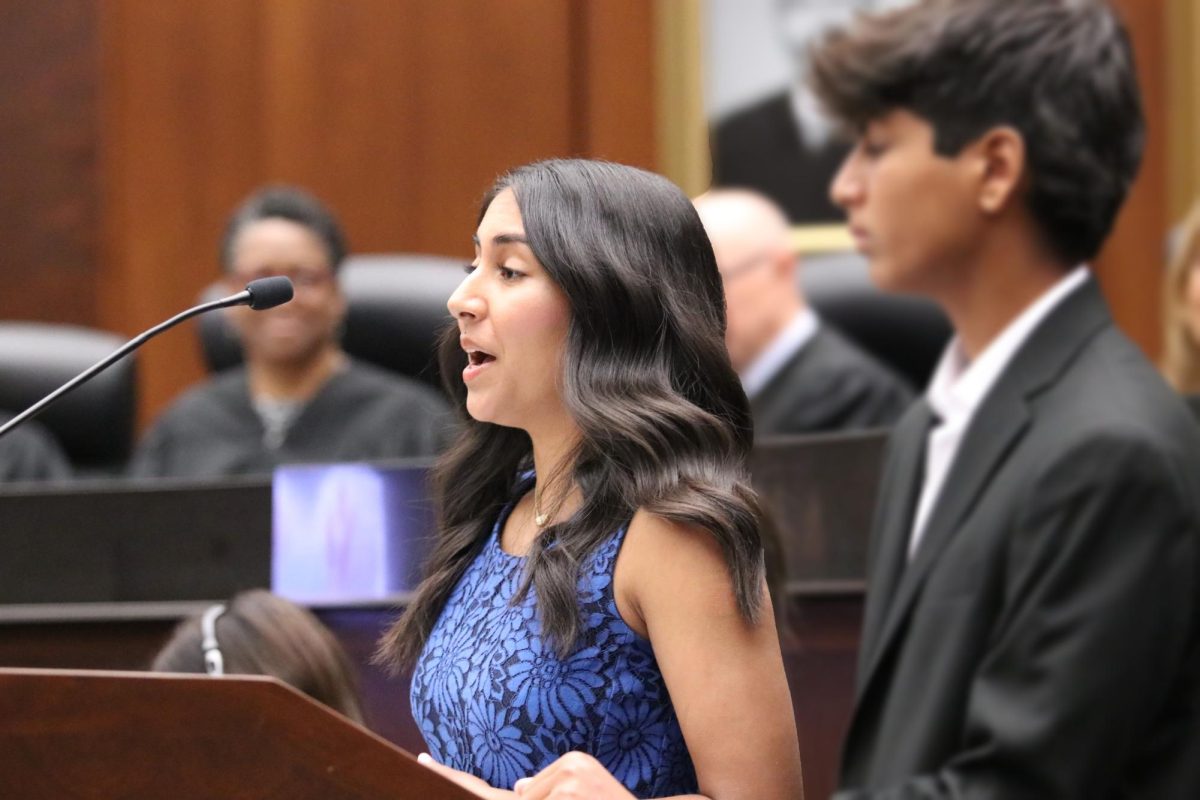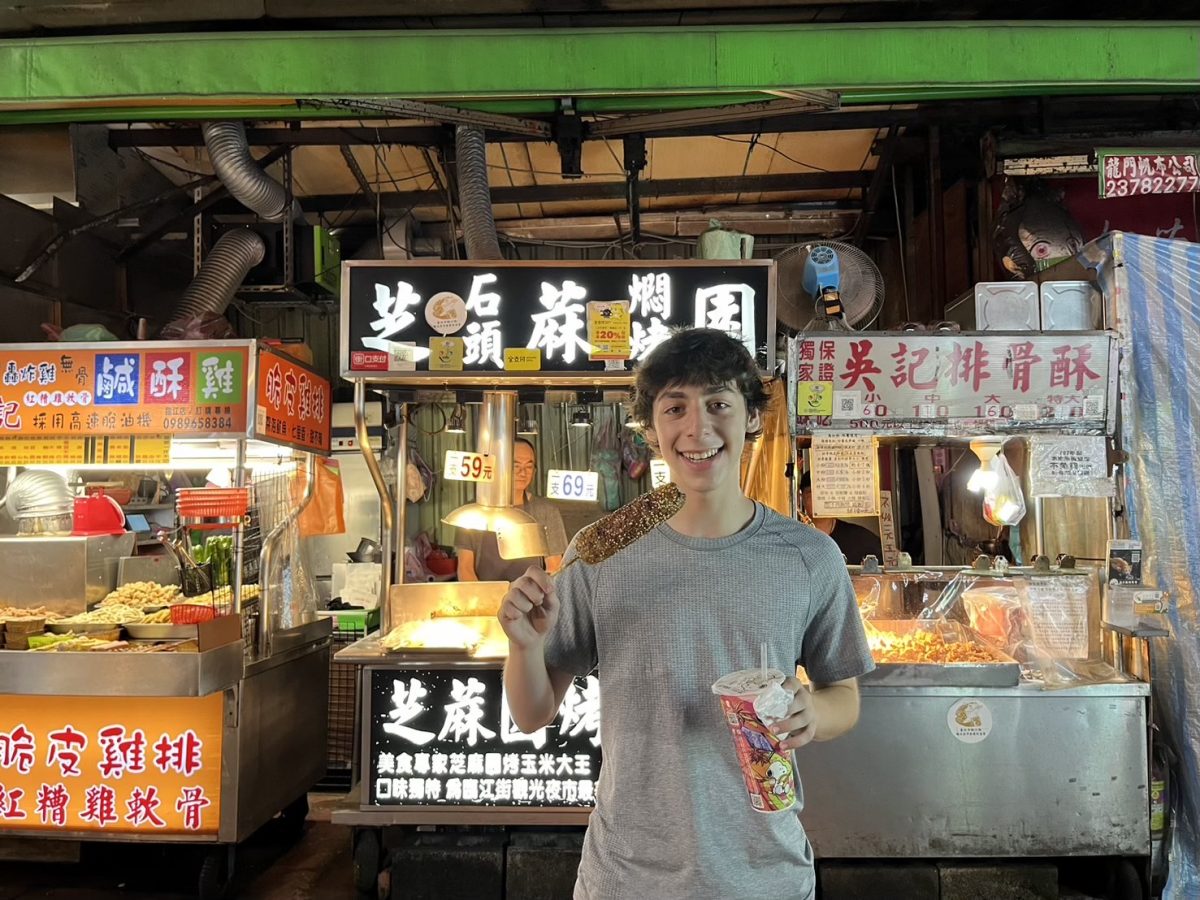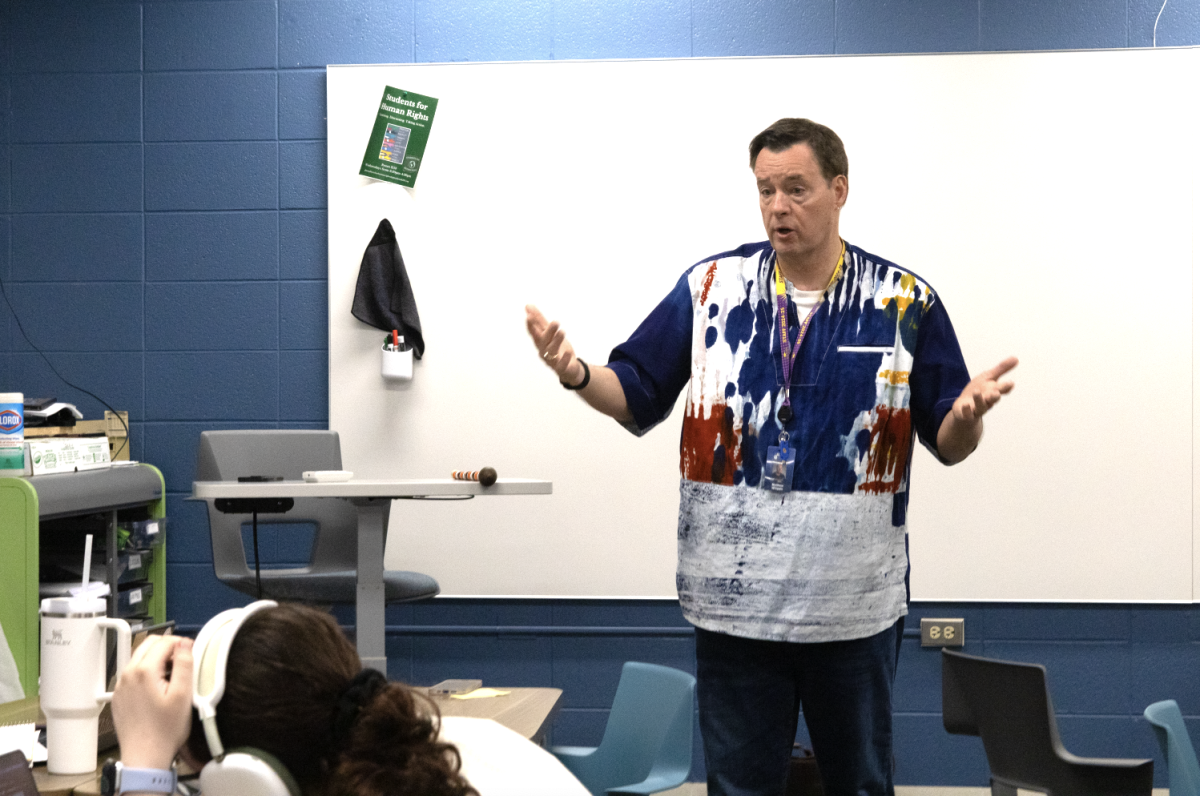Imagine living in a world where every night you have to leave home and hide in dangerous conditions in fear of being abducted. Imagine the struggle of watching loved ones being buried. Imagine witnessing violent warfare at a young age, constantly worrying about your home being destroyed. This is life for many children in northern Uganda and its surroundings.
Invisible Children is a non-profit organization dedicated to documenting the lives of people living in regions of conflict, especially Uganda.
The program utilizes roadies, people who train intensively for five weeks and then travel America for ten weeks as speakers advocating and educating others about Africa’s longest running war against the Lord’s Resistance Army (LRA).
Sunee Washom came to South with two other roadies and Mwaka Peter King, a Ugandan who experienced the conflict first-hand. An assembly was held Oct. 7 for all freshmen, International Relations students and Academy classes.
“The original idea was that these children aren’t being seen and their stories aren’t being told or heard, and so when the filmmakers went to Uganda and discovered this situation, people back in America hadn’t seen it and so their story was basically invisible,” Washom said.
During the presentation, the roadies explained how the Ugandan government has been trying to protect its citizens from the rebel militia. However, over 90 percent of the LRA’s troops, under the leadership of Joseph Kony, are abducted child soldiers. He terrorizes families, destroys villages and kidnaps children, then brainwashes them so child soldiers support him.
Senior Leanne Iorio found the presentation informative, as people who were affected shared their stories.
“I was kind of expecting people to come in and talk about donating money, and you know, the typical presentation […] It ended up being really different because [they had] people who have actually been impacted talking,” Iorio said.
King grew up in Uganda and experienced the pain of losing loved ones at a young age.
“I struggled with many things, because I saw loved ones being buried […] and they were gone,” King said. “From that time, I went through the pain, struggled to get out. Today, as I speak, I am not the way that I [was]. When you go through such [a] thing, you struggle to come out of the pain.”
King didn’t end up in the LRA, but he still spent much time hiding from them.
“The best thing to do, like what I did […] was to literally run away from the LRA when you hear from them,” King said. “Just run and hide in the nearby jungles or move to the nearby cities so that we are protected.”
The war does not stop in northern Uganda; the LRA is now abducting children in the Congo as well.
King believes that the war will end if Kony is arrested. In previous peace agreements, he was the only one to refuse peace and killed those who abdicated for it.
Another issue facing Ugandans is the difficulty children who have escaped the LRA have when reintegrating into society. For about six months, they are consoled and empowered before returning to society.
“They are pretty much used to […] receiving free things and taking it from people by force,” King said. “Now that you are coming back into society where people have to work, that is where the issue of consoling comes. Things are not free, but you really need to work for it. […] To let them understand that life is different outside the jungle.”
Although Invisible Children builds schools and educates, it continues to focus on bringing them home. Invisible Children offers many programs, including the Frontline project to help expand the Early Warning Radio Network, which allows communication between villages in the event of Kony’s arrival.
After seeing the presentation, Iorio said she felt encouraged to take a stand.
“I felt really empowered to actually go on to the Frontline,” Iorio said. “It seems like everyone who gets involved in it was dedicated to it, so it’s inspiring to me.”
King calls upon people to step up and take action, to bring an end to a war that has continued for 25 years and to bring back the glory that has been lost.
“We have the talent, we have the potential, we have the capacity to do everything that can make a difference,” King said. “If this generation keeps quiet, then the world will never change. But when we begin to speak for the voices that have never been heard, we make a difference.”
To learn more about Invisible Children, the war and how to help, visit www.invisiblechildren.com
invisiblechildren.com.



